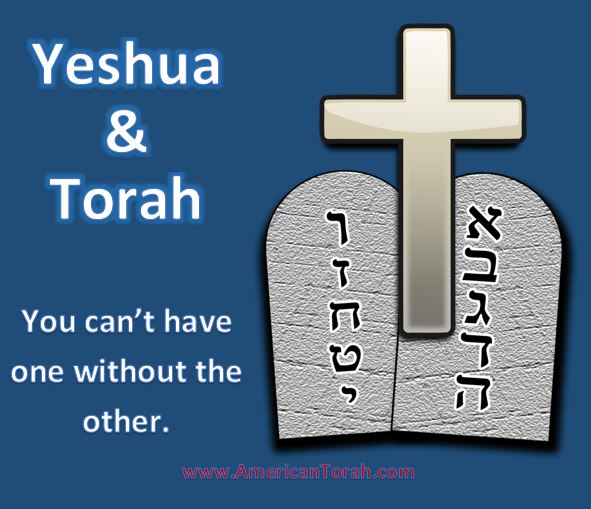Have I mentioned that I love chiasms? (Technically, I think it’s supposed to be chiasmi, but you know what? I’m sticking with chiasms.)
I do. I love chiasms and I have another one for you. This one is in Psalm 66, which begins and ends with praise to God and a call to the nations to worship the God of Israel, but is centered on the trials and restoration of Israel.

Hard times come and go for everyone and sometimes it seems like there’s more coming than going. I don’t know what is happening in your life or what trials you have faced or might be facing now or in the future. I won’t pretend that I understand your suffering or that I’ve been there. Chances are very good that I haven’t. Overall, my life has been pretty good. I have been fortunate in having been spared most of the horrible things that many people must endure. I pray that God is merciful to you, that your burdens are as easy as they can be and still accomplish God’s purposes.
“God’s purposes? You mean God is doing this to me?”
Probably, yes. Again, I won’t pretend to know everything. Maybe the things you have endured are strictly from the Adversary and not from God at all, but the weight of Scripture is on God causing your suffering.
Many people are under the false impression that God never does anything bad to anyone or that he only did that in the Old Testament. Unfortunately, there are a large number of examples in both Testaments of God inflicting suffering on both the wicked and the righteous, and, as he told Malachi, “I am YHVH. I change not.”
Psalm 66 says
For you, O God, have tested us; you have tried us as silver is tried. You brought us into the net; you laid a crushing burden on our backs; you let men ride over our heads; we went through fire and through water; yet you have brought us out to a place of abundance. (Psalms 66:10-12 ESV)
Clearly God inflicted great hardships on Israel. Enslavement in Egypt, oppression by the Philistines and others, conquest by Assyria, Babylon, Greece, and Rome…all brought on Israel by God. The Scriptures and the ancient sages of both Judaism and Christianity are agreed on that point.
Each person suffers for different reasons at different times. Some are wounded and sick so that God can be glorified through their healing. Others, as the Psalmist points out, are afflicted so that they will be refined. And still others so that their lives may become catalysts for the salvation of many more.
Although all peoples have suffered, because of the Scriptures and the scholarly traditions of Jewish culture, we have a more thorough record of the trials of Israel and the Jews than of any other people. Whether they have suffered more or less than others, I can’t say, but after all that they have endured, it is truly remarkable that they still exist as a people at all.
For almost 2000 years they were homeless sojourners all over the world in lands where they were alternately blessed and cursed by their hosts. They have been subjected to genocide after genocide, purge after purge, and yet they persist long after the Philistines, Hittites, and Midianites have vanished from all but stone and parchment.
Because God is faithful.
God promised Israel–the physical descendants of Jacob, not anything called the Church–that he would always preserve a remnant of them for his own purposes. He made covenants with Jacob, Moses, and Pinchas (among others), that their descendants would always be a people before God, and that all the fires, nets, and burdens of the ages could not eradicate them, but would refine them like silver in a crucible.
As we who have submitted ourselves to Messiah Yeshua are grafted into the tree of Israel, we become joint heirs of the promises and prophecies it contains, both good and bad. Refinement by fire is part of being Israel. If we are to be citizens of the Kingdom, then we must be willing to bear our crosses alongside Yeshua, whatever crosses God might have in store for us.
Remember that Yeshua said it was not the Romans or the Jews who crucified him, but he gave up his life willingly according to God’s will. And we know that, just like the suffering recounted by the Psalmist, his suffering was for the good of the whole world. His shed blood opened the way to our adoption into the House of Israel. Without his suffering we would be lost, and without our own suffering, we would remain impure, incomplete and incapable of fulfilling the role that God has for us to play in his great plan.
The chiastic pattern in Psalm 66 tells us what God wants us to do with our suffering: he wants us to praise him, to trust him, to tell the world about his great deeds and how he is faithful to bring those who trust in him through any trial, no matter how severe.
God’s plan might be impossible for us to see from where we stand, but the essence of faithfulness is trusting in him despite whatever evil happens in the world around us, to us or to others. The faithful are preserved, while those who cling to their sin are burned off like dross and cast aside.
If I had cherished iniquity in my heart, the Lord would not have listened. But truly God has listened; he has attended to the voice of my prayer. (Psalms 66:18-19 ESV)
Keep the faith, because God’s purpose is not to destroy his people, but to refine them. Recall what Paul wrote to Timothy:
The saying is trustworthy, for: If we have died with him, we will also live with him; if we endure, we will also reign with him; if we deny him, he also will deny us; if we are faithless, he remains faithful [to the faithful, according to his word]– for he cannot deny himself. (2 Timothy 2:11-13 ESV)
And what Yeshua said to the disciples:
But he that shall endure unto the end, the same shall be saved. (Matthew 24:13 KJV)
Suffering must come, but those who reject God because of it will in turn be rejected by him. Those who endure, however, will be restored in mercy and rewarded appropriately. Stand tall or fall on your face before the almighty, whichever seems right to your circumstances. You are in good company.






